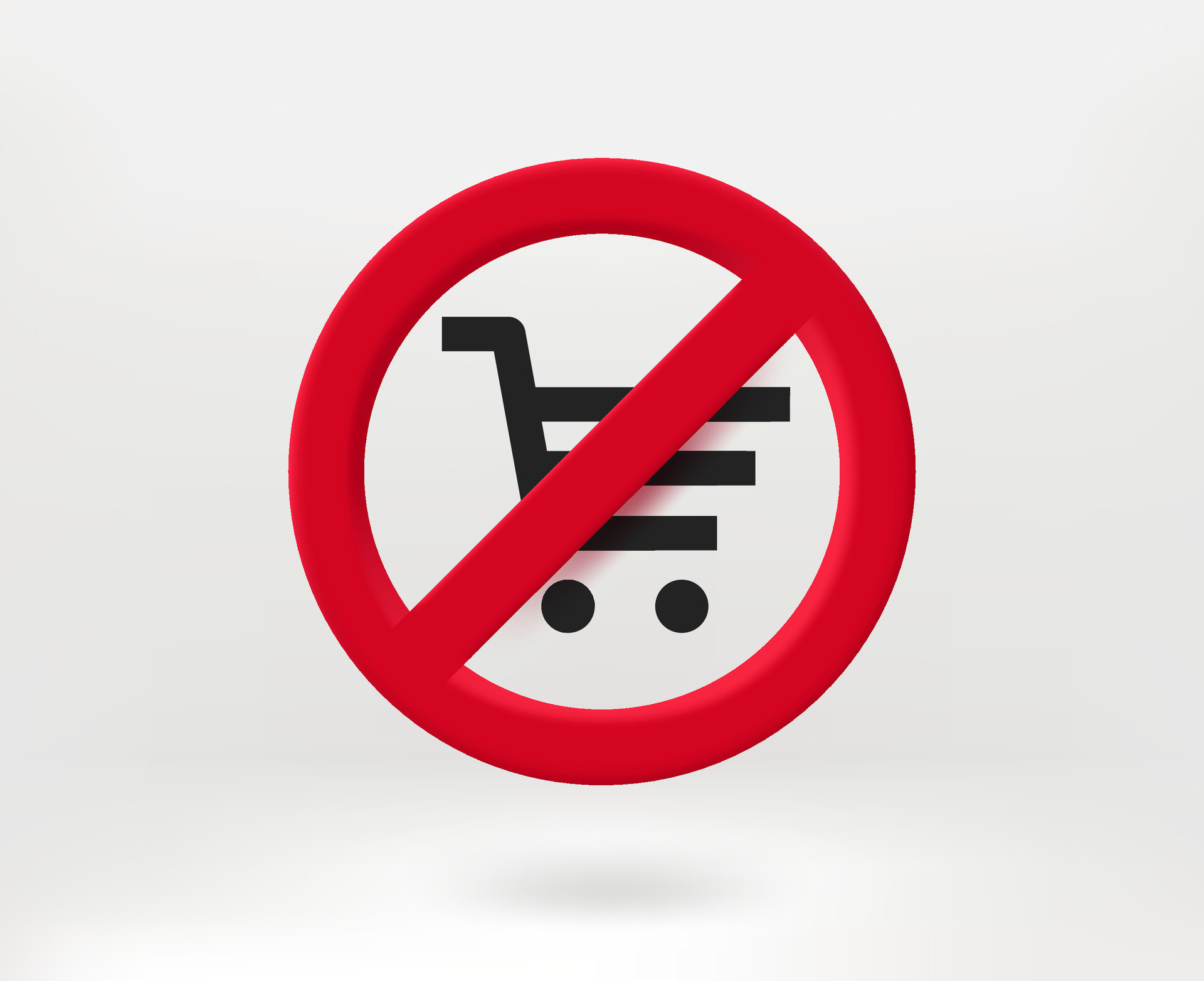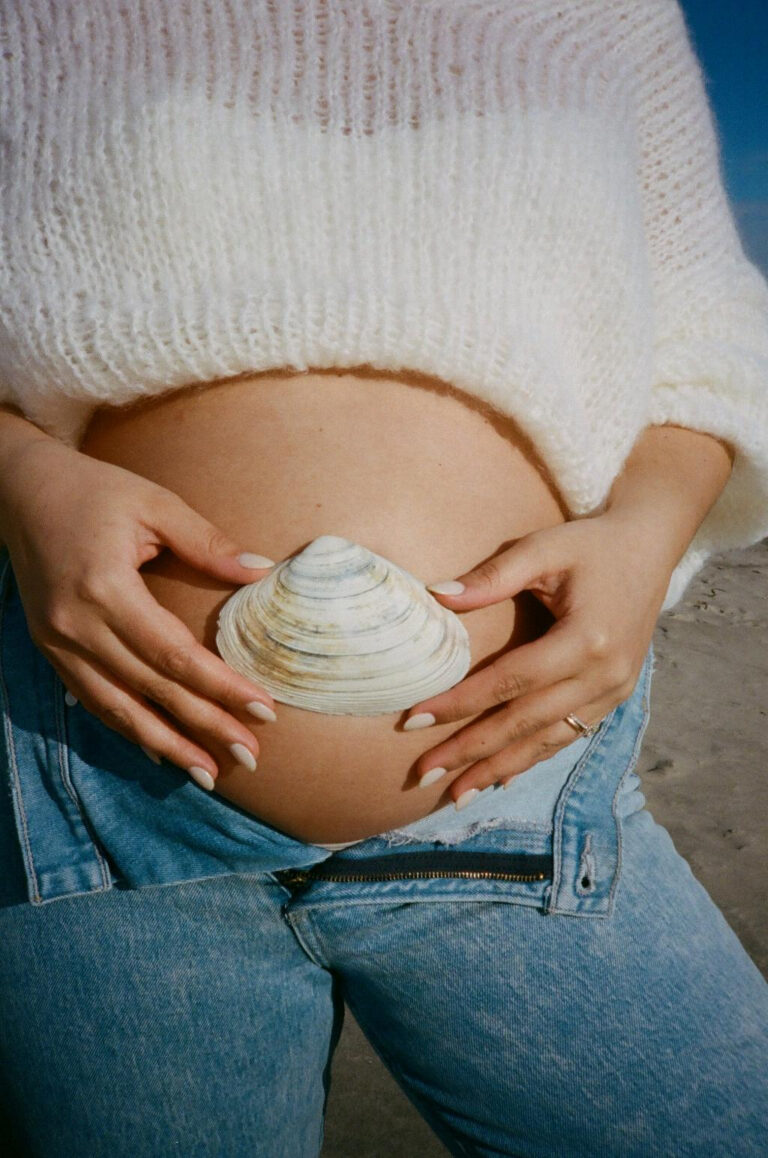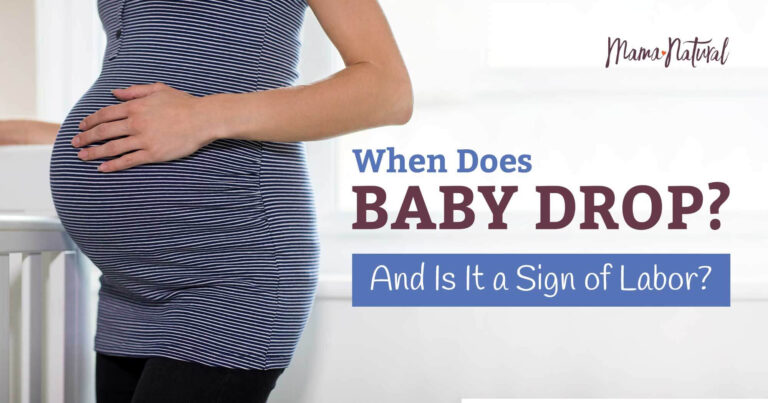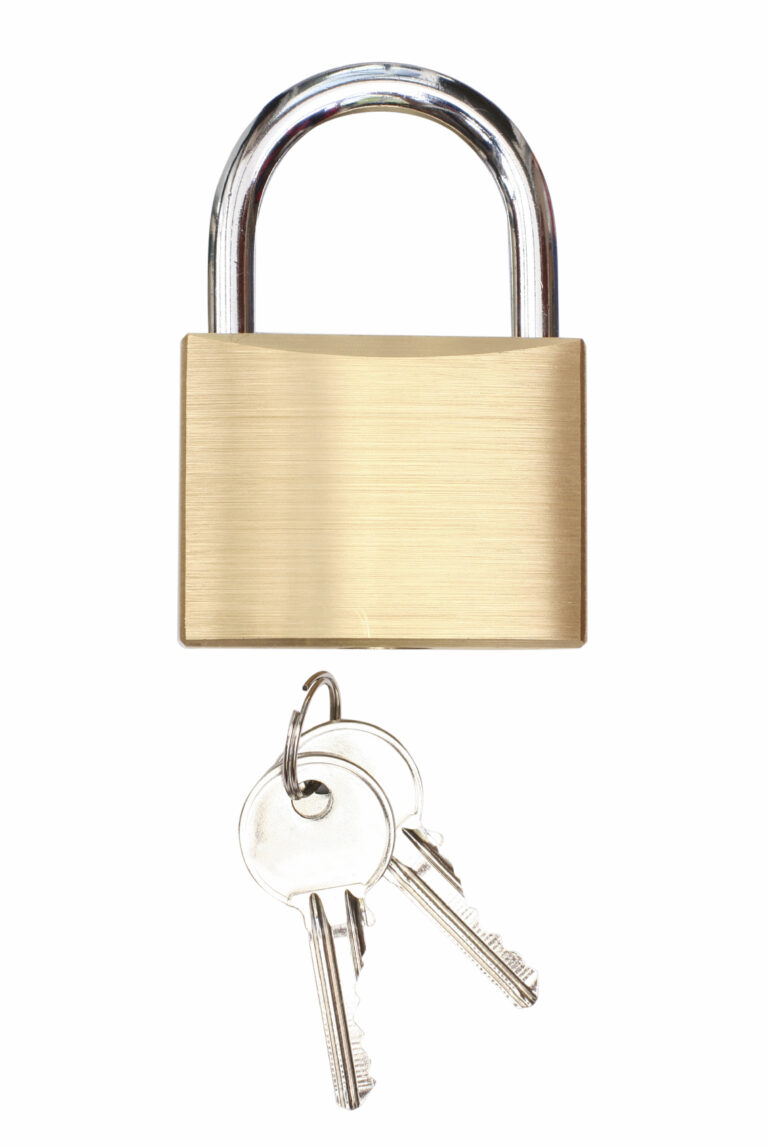When Do Babies Start Smiling
As a parent, one of the most heartwarming moments is when your baby gives you their first smile. That precious, toothless grin can melt away the stresses of the day and fill you with joy. But when do babies actually start smiling? Let’s delve into this heartwarming topic and explore the magical world of baby smiles.
Knowledge
It’s important to understand that babies are unique individuals, and they reach developmental milestones at their own pace. While some babies may start flashing their first smiles as early as a few weeks old, others may take a bit longer. Typically, most babies will start smiling between 6 to 12 weeks of age. This smile isn’t just a random facial expression; it’s a sign of social interaction and communication development.
It’s crucial to differentiate between social smiles and reflex smiles. Reflex smiles are automatic responses to stimuli, such as a full stomach or a comfortable diaper change. These smiles can occur as early as the first few weeks of life but are not a sign of social awareness. On the other hand, social smiles are deliberate responses to interactions with caregivers or family members. These genuine smiles usually start to appear around 6 to 8 weeks of age.
Several factors can influence when babies start smiling. One significant factor is genetics. Some babies may be more predisposed to smiling early due to their genetic makeup. Additionally, the environment plays a crucial role. Babies who receive plenty of love, attention, and positive interactions are more likely to start smiling earlier than those who lack these stimuli. It’s essential for parents to engage with their babies through eye contact, talking, and playful interactions to encourage the development of social smiles.
Interestingly, cultural differences can also impact when babies start smiling. In some cultures, babies are encouraged to smile and interact from a very young age, leading to earlier social smiles. In contrast, in cultures where infants are more reserved or where minimal interaction is encouraged, babies may take longer to start smiling. Understanding these cultural nuances can help parents navigate the development of their baby’s social skills.
Conclusion
In conclusion, the moment when babies start smiling is a significant milestone in their development. It signals their growing social awareness and ability to engage with the world around them. While the timeline for baby smiles can vary, most babies will flash their first social smile between 6 to 12 weeks of age. As a parent, it’s essential to provide a nurturing and loving environment to encourage the development of social smiles in your little one.
Overall, the target audience for this article is parents, caregivers, and anyone interested in child development. Understanding the significance of baby smiles can help foster healthy social interactions and relationships with infants. By recognizing the importance of this milestone, parents can actively engage with their babies and support their emotional and social growth.
In the grand scheme of things, baby smiles play a crucial role in building strong bonds between parents and children. These early interactions shape the foundation for future communication and emotional connections. So, cherish those first smiles, as they are a testament to the beautiful journey of parenthood and the magic of watching your baby grow.






